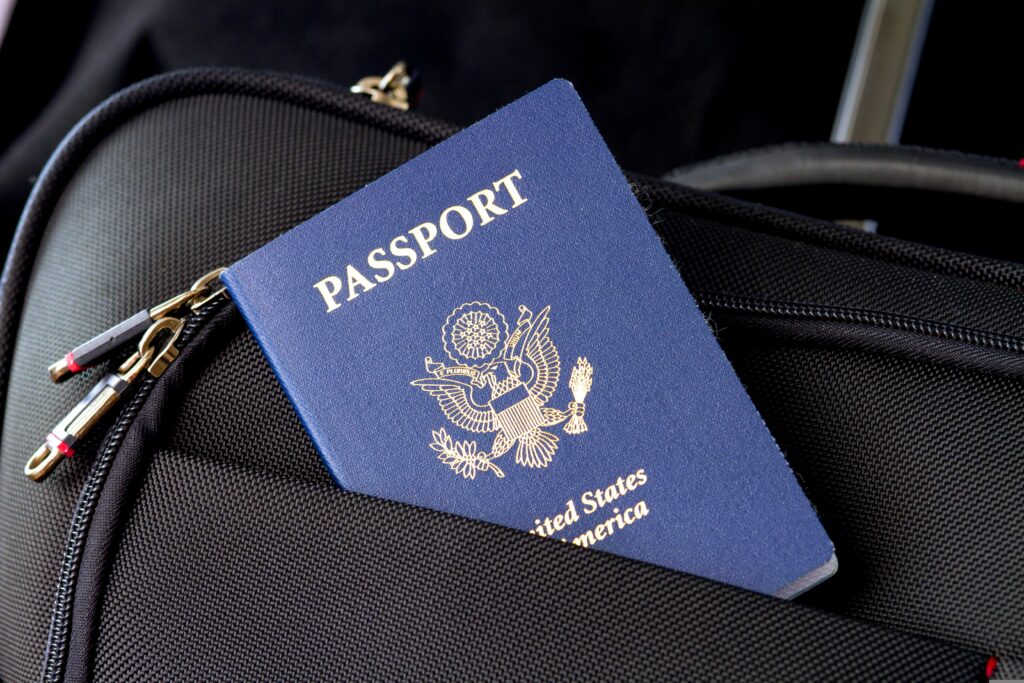Studying in a foreign country can be both exhilarating and overwhelming. For international students dreaming of the American college experience, the United States offers a vibrant blend of opportunities, cultures, and challenges. The U.S. is a land of adventure and academic growth, from the bustling campuses to the diverse cityscapes. In this detailed guide, we peel back the layers of what it truly means to be a student in the USA, serving as a compass for the uncharted territories you’re about to explore.
Pre-Arrival Preparation
Before you set foot on American soil, a flurry of preparations awaits. The visa process is a complex web of forms, interviews, and requirements. Once that first hurdle is cleared, you must start thinking about your new home. From bustling cities to serene college towns, the U.S. has various accommodation options for every taste and budget. And, of course, understanding the cultural differences will help you make a smooth transition.
Navigating the Visa Maze
The student visa process in the U.S. can be daunting, but with the correct information, it’s entirely manageable. Start by familiarizing yourself with the application timeline and required documents. Visiting the website of your nearest U.S. embassy or consulate will provide a list of forms and fees. Feel free to seek advice from alums or university representatives who can often offer practical tips from their experiences. Remember, patience and thoroughness are your allies.
Finding Your American Abode
Deciding where to live is a big step in your American adventure. If you aim for the whole college experience, consider on-campus housing; it offers the convenience of proximity to classes and an instant social circle. However, off-campus apartments can provide a taste of independence and integration into local communities. Resources like international student forums, local rental websites, and university housing services are goldmines for finding the perfect place. Take advantage of virtual tours and connect with current or former tenants to get a feel for the space long before you sign a lease.
Cultural Awareness and Understanding
Culture shock is as much a part of the international student experience as the studies themselves. For life in the U.S., a few critical cultural norms are handy to know. American concepts of personal space, social etiquette, and the often informal college environment may differ significantly from your home country. Research, podcasts, and cultural orientation sessions can give you a head start on establishing your own cultural playbook.
Academic Experience
The heart of your American study abroad adventure lies in academia. The U.S. university system is known for its diversity and flexibility, offering a broad spectrum of majors and the freedom to explore various fields of interest.
Universities and College Culture
American universities pride themselves on creating communities where students can grow academically and personally. Look forward to engaging with professors in a more informal setting through office hours, a rare opportunity in many academic traditions. Seminars and discussion-based classes may be a new format for learning, emphasizing critical thinking and debate. And do remember the vibrant extracurricular scene, which spans from student clubs to sports, adding another layer to your collegiate experience.
Study Strong
The jump to university study in the U.S. can be a leap, not simply because of academic rigor but also due to the emphasis placed on self-direction and self-motivation. Active participation in class discussions, thorough exam preparation, and occasional group projects can keep you busy. Utilize academic resources such as tutoring services, writing centers, and peer study groups. These bolster your understanding of coursework and foster connections within your educational community.
Support Systems
International student advisors are your lifeline regarding academic policies, maintaining your visa status, and navigating any challenges. Familiarize yourself with their role and how they can assist you. Financial aid and career services also play crucial roles. These support systems are in place to ensure your success, so feel free to reach out when you need guidance.
Cultural Immersion
One of the most significant benefits of studying in the U.S. is the wealth of cultural experiences waiting for you beyond your campus gates.

Exploring Local Treasures
The U.S. is vast, and its landscapes range from the majestic peaks of the Rockies to the lapping shores of the Atlantic and Pacific. Many universities offer field trips or outdoor clubs to help students explore the beauty of their surroundings. Even urban campuses are often located near national landmarks, museums, and cultural festivals waiting to be experienced.
Feasting on the Local Cuisine
A culinary tour of the U.S. would only be complete with sampling local flavors. Each region offers specialties, from deep-dish pizza in Chicago to shrimp and grits in Charleston. The robust food truck scene in college towns is a must-try, usually offering a blend of international fare. And when you crave a taste of home, seek out ethnic markets or restaurants for a comforting meal that reminds you of where you came from.
Seeking Global Connections
Fostering a network of friends and acquaintances from various backgrounds enriches your cultural understanding. International student organizations and language exchange programs cultivate an environment where diversity is celebrated. These connections broaden your horizons and provide a strong support group for the inevitable homesick days or academic challenges.
Challenges Faced
Life as an international student isn’t all picturesque landscapes and cultural enlightenment. You will face obstacles, many of which stem from a completely new environment where everything can feel alien.
Tackling Language Barriers
If English is not your first language, you might need help with communication inside and outside the classroom. Do not be discouraged. Regular practice, along with language courses or language exchange partners, can significantly improve your skills. American slang, in particular, can be bewildering, but with humor and humility, you can turn these language hiccups into learning moments.

The Sting of Homesickness
Missing the comforts of home is a shared experience. Combat homesickness by creating a familiar space in your new home, like decorating your room with items from home or cooking traditional meals. Stay connected with loved ones through video calls and social media, but also make a concerted effort to build a life for yourself in the U.S. Nurture new friendships and engage in activities that bring you joy and a sense of community.
Balancing the Book
One of the toughest challenges for international students is balancing academic demands and personal life. It’s easy to feel overwhelmed, but you can maintain equilibrium with careful planning and realistic expectations. Set regular study hours, learn to prioritize, and understand that asking for an extension or support is okay when needed.
Tips for Success
The secret to making the most of your educational vacation in the U.S. is a combination of practical strategies and a positive mindset.
Mastering Time Management
Effective time management is the crux of academic success. Utilize tools like planners and calendars and incorporate downtime into your schedule. Be mindful not to overcommit; leaving room for spontaneity and life’s unexpected turns is essential.

Balancing Act
College life is more than just academics. Engage in extracurricular activities that interest you, whether joining a club, taking up a new sport, or participating in volunteer work. These experiences can provide a much-needed break from studying, often leading to unexpected opportunities and friendships.
Don’t Go It Alone
You’re expected to have only some answers or face every challenge alone. Seek help when you need it, whether from professors, academic advisors, or support services. There’s no shame in asking for assistance; it shows strength and self-awareness.
Conclusion
Your path as a student abroad in the USA weaves through a landscape of academics, culture, and personal growth. It’s a chapter in your life filled with adventure and potential, a time to broaden your horizons and challenge your preconceived limits. While the road ahead may have its share of bumps and detours, every step is an opportunity to learn and evolve. Remember to document your experiences, share your stories, and cherish the memories you’ll carry with you long after your academic pursuits in America come close. This is not just an educational endeavor; it’s a transformational journey, and you are right in the heart of it.
